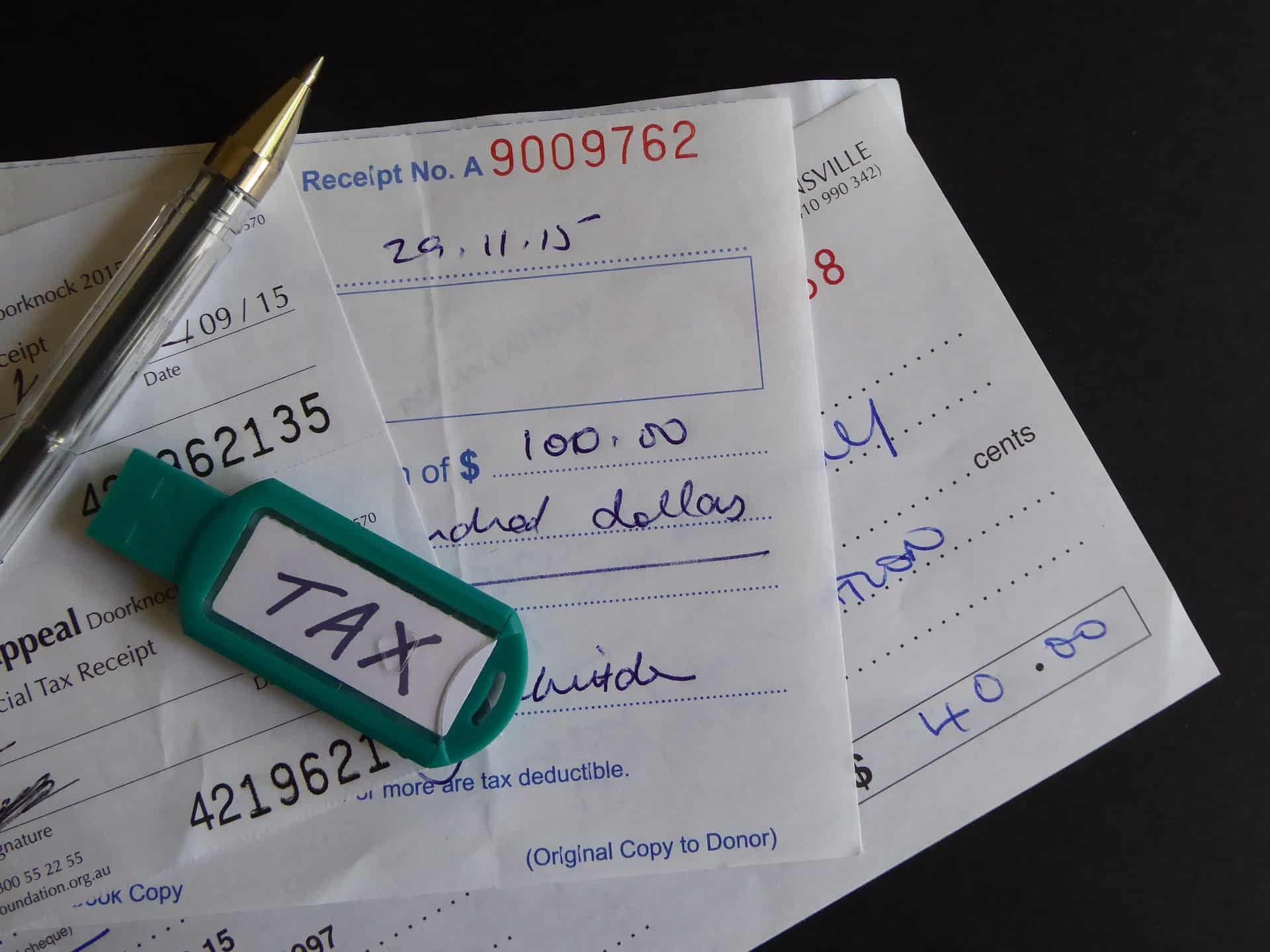Seniors and their families are left at a disadvantage as the costs of assisted living facilities continue to rise. While it may sometimes seem like there is no relief from these rising care costs, there may be a way for families to get a bit of relief in the form of tax deductions. Medical expenses, which typically include most long-term care expenses, are deductible for taxpayers as long as they account for more than 10% of gross adjusted income (for taxpayers under 65) and more than 7.5% of gross adjusted income for taxpayers 65 and older.
However, it’s important to keep in mind that there are many qualifications that must be met in order to receive these tax benefits. Here’s a rundown of what you need to know to get your assisted living expense-related tax deductions:
- You will need a personal care service plan created by a licensed health care provider, such as a doctor, nurse, or social worker. Many assisted living facilities make care plans for all of their residents; however, you should not assume this will always be the case. The best course of action is to ask a licensed health care provider to create a plan for your loved one.
- Your elderly loved one must be deemed “chronically ill” by one of the aforementioned health care providers. This means they either need to have a cognitive impairment, like dementia or Alzheimer’s and also need assistance with at least two of the activities of daily living. These ADLs are eating, bathing, toileting, continence, walking (transferring), and dressing.
Keep in mind that even if these conditions are met, there are still some other matters that can cause confusion when trying to receive the full benefit of the assisted living tax deductions. Room and board, for example, are typically not allowed as tax deductions; that is, unless your elderly loved one meets the above requirements and resides in the assisted living facility primarily to receive medical care. In this case, the room and board are considered part of the overall medical expenses. One other important thing to note is that any medical costs reimbursed by an insurance policy cannot be used when calculating the tax deduction.
There are still some options for receiving tax deductions even if your elderly loved one is in the assisted living facility for non-medical reasons. Assisted living entrance fees may count as a medical expense for tax purposes, and assisted living facilities must outline to you the portion of their fees that are medical-related. Any of these medical expenses could be tax-deductible as long as they meet the income requirements listed above.
If you have questions about receiving the assisted living tax deduction, please contact our elder law attorneys to set up a complimentary consultation.









